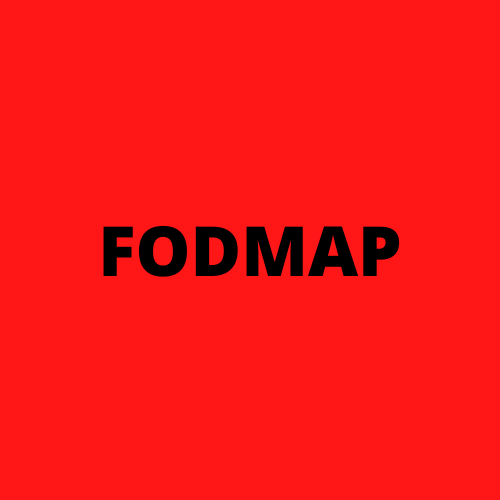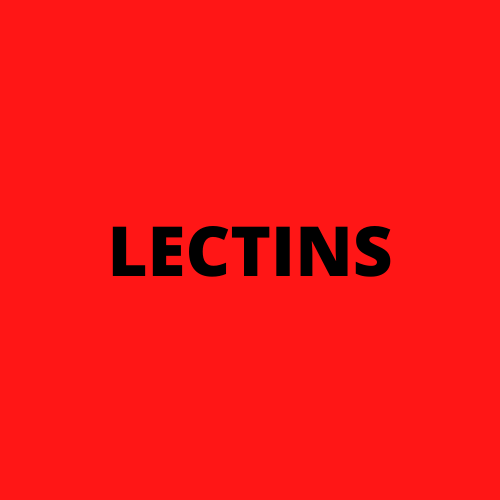LENTIL ALLERGY
Key Allergens
Lentils are harvested from plants in the Fabaceae family. These are more commonly called legumes. Other plants in this family include lupin, peanuts, soya as well as various peas and beans. Legumes are such a common allergy you can read more about them on the Legume Allergy Page.
There are 3 key allergens associated with lentil allergies.
Len c 1 is a gamma vicilin unit protein. This links the protein in lentils to other legumes, nuts and seeds that contain vicilin like proteins. Vicilin is also known as 7S seed storage proteins
Len c 3 is a Lipid Transfer Protein (LTP). These proteins are called panallergens as they can cause multiple allergies across seemingly unrelated groups of foods.
Len c 1 is a gamma vicilin unit protein. This links the protein in lentils to other legumes, nuts and seeds that contain vicilin like proteins. Vicilin is also known as 7S seed storage proteins
Len c 3 is a Lipid Transfer Protein (LTP). These proteins are called panallergens as they can cause multiple allergies across seemingly unrelated groups of foods.
Food Intolerances



Lentils are a high FODMAP food. FODMAP stands for Fermentable oligosaccharides, disaccharides, monosaccharides and polyols. Foods high in FODMAPs can cause symptoms of food intolerance, affecting the gastro intestinal system and this can be mistaken for a true IgE food allergy.
Lentils are low in salicylates. Salicylates have the potential to cause worsening of asthma, swelling, itching and hives as well as food intolerance symptoms in people who are sensitive to salicylates.
Lentils contain a large amount of lectins, another cause of food intolerance. Cooking foods with lectins makes them more digestible and can reduce the symptoms of food intolerance.
You can read more about Food Intolerances on the dedicated Food Intolerance Page.
Associated Syndromes
You may be suffering from LTP Syndrome if you have reactions to various fruits, vegetables and nuts and your reactions continue to be severe after you have discarded the peel and have cooked the food.
Cross Reactivity
Common foods involved in LTP allergy include kiwi, strawberries, sunflower seeds, walnut, apple, mulberry, banana, pea, apricot, cherry, plum, almond, peach pomegranate, raspberry, tomato, grape, celery, peanut, asparagus, cabbage, broccoli, chestnut, lemon, tangerine, orange, hazelnut, lettuce, lentils, lupin, green bean, pear, mustard, wheat and maize.
Other foods containing vicilin like proteins are cashew, pecan, hazelnuts, buckwheat, soyabean, walnut, macadamia nut, lupin, peas, sesame and mung bean.
These food lists are not exhaustive, the most up to date information is on the Cross Reactivity Tool.
Other foods containing vicilin like proteins are cashew, pecan, hazelnuts, buckwheat, soyabean, walnut, macadamia nut, lupin, peas, sesame and mung bean.
These food lists are not exhaustive, the most up to date information is on the Cross Reactivity Tool.
Resources
Websites
Allergy information for: Lentil (Lens culinaris)Anaphylaxis Campaign - Legumes & Pulses
Foods Matter - Legume Allergies
Allergen Encyclopedia - Lentil
Science Direct - Lentil
Healthline - FODMAP Foods
ATP Science - Salicylate Foods
Articles and Journals
Food allergy outside the eight big foods in Europe: A systematic review and meta-analysis, 2024Vegan diets from an allergy point of view – Position paper of the DGAKI working group on food allergy, 2023
Co-sensitization between legumes is frequently seen, but variable and not always clinically relevant, 2023
Is pea our hidden allergen? An American pediatric case series, 2023
11S globulin identified as a new bean allergen, 2023
Nutritional management of immediate hypersensitivity to legumes in vegetarians, 2022
Allergic reactions to emerging food allergens in Canadian children, 2021
Non-specific lipid-transfer proteins: Allergen structure and function, cross-reactivity, sensitization, and epidemiology, 2021
Lectin Activity in Commonly Consumed Plant-Based Foods: Calling for Method Harmonization and Risk Assessment, 2021
Adult and Pediatric Food Allergy to Chickpea, Pea, Lentil, and Lupine: A Scoping Review, 2021
Dietary Lectins: Gastrointestinal and Immune Effects, 2020
IgE and IgG4 binding to lentil epitopes in children with red and green lentil allergy, 2019
Lipid Transfer Protein allergy in the United Kingdom: Characterization and comparison with a matched Italian cohort, 2019
Diagnosis of exercise-induced anaphylaxis: current insights, 2016
Oral allergy syndrome--the need of a multidisciplinary approach, 2014
Len c 1, a major allergen and vicilin from lentil seeds: Protein isolation and cDNA cloning, 2003
Isolation and characterization of relevant allergens from boiled lentils, 2000
Allergy to lentils in Mediterranean pediatric patients, 1999
Anaphylaxis Induced by Lentils, 1996
Let me know if you found any of these interesting or useful.
If you spot an article or research that you think is interesting you can message me or tag me on Facebook or Twitter - links at the bottom of the page.
